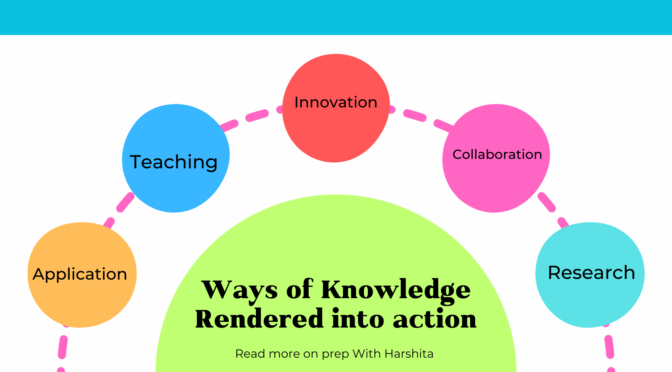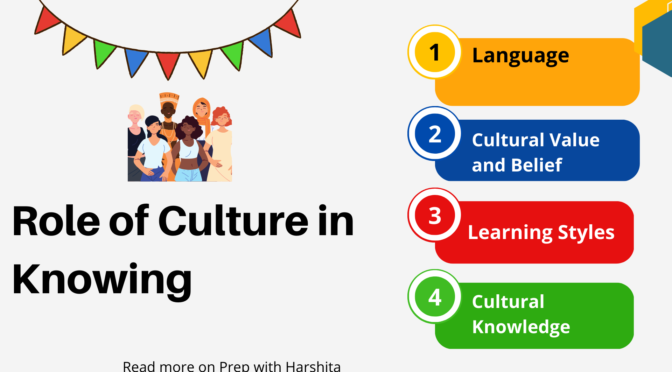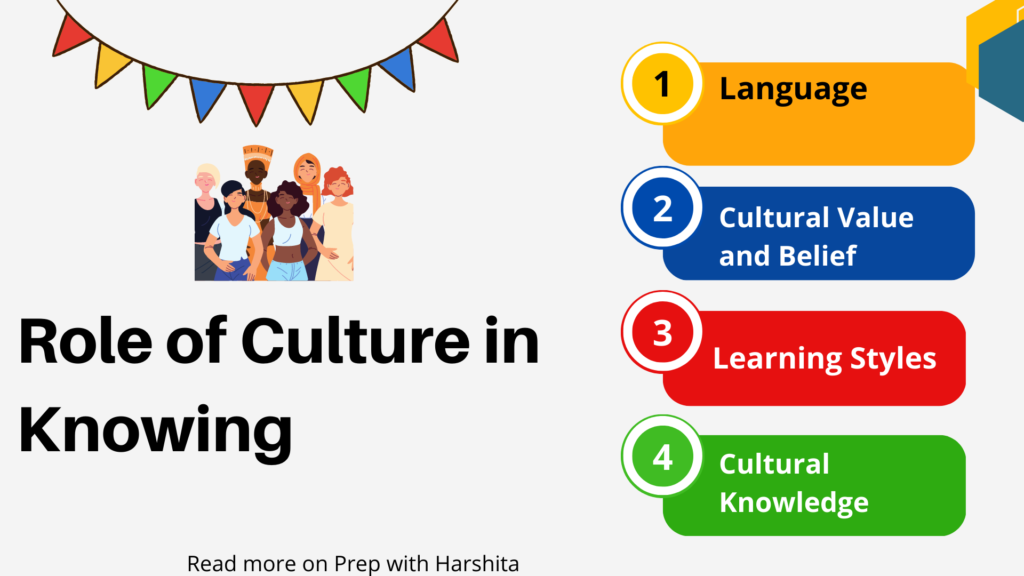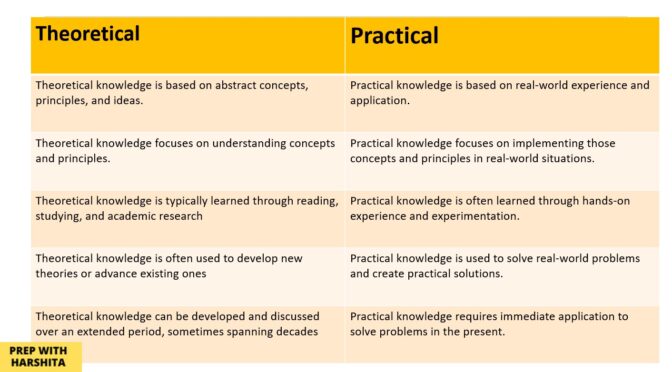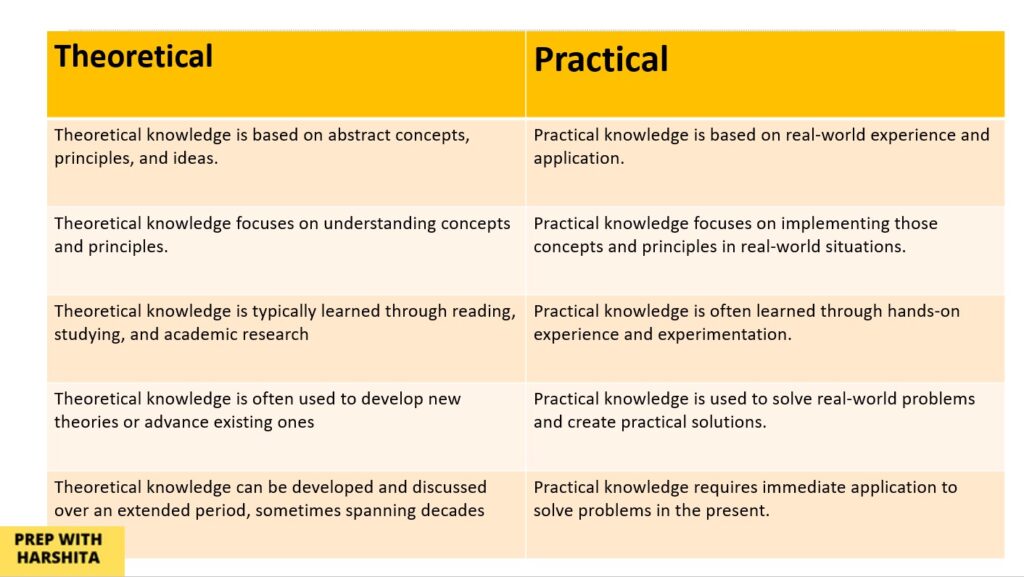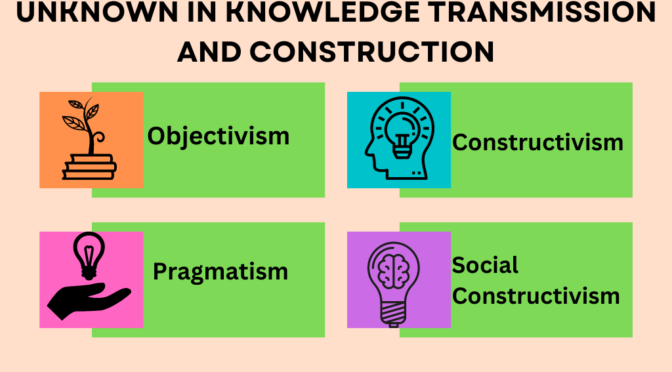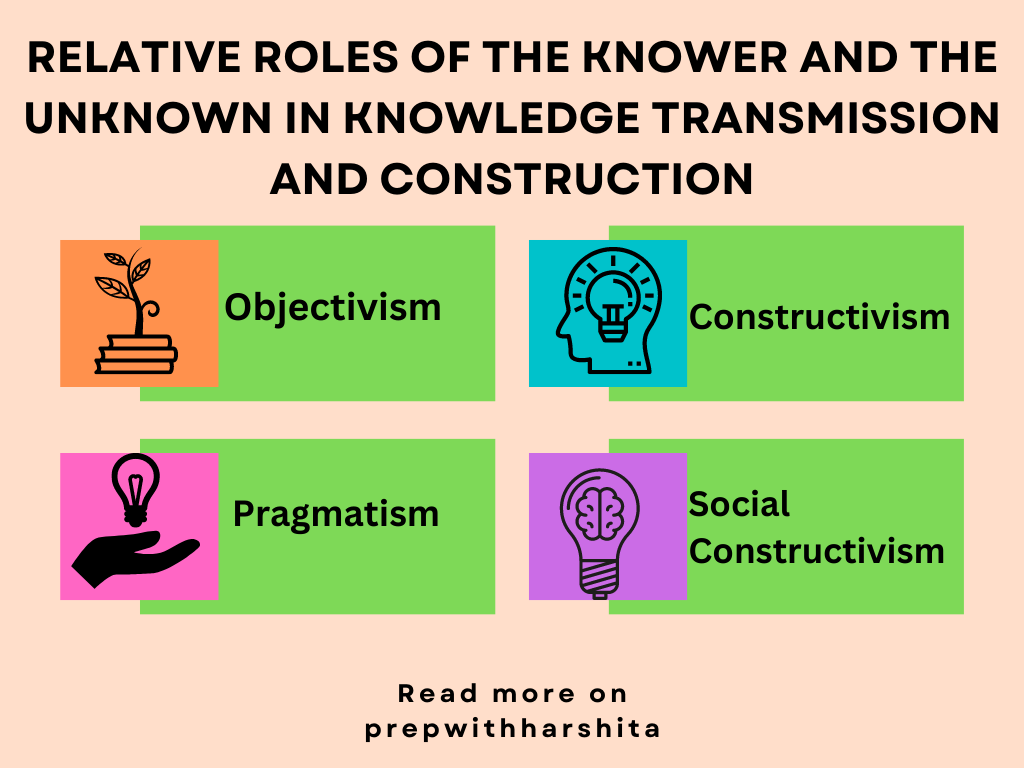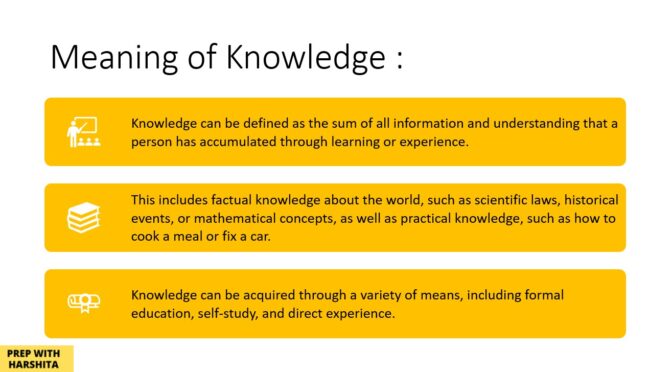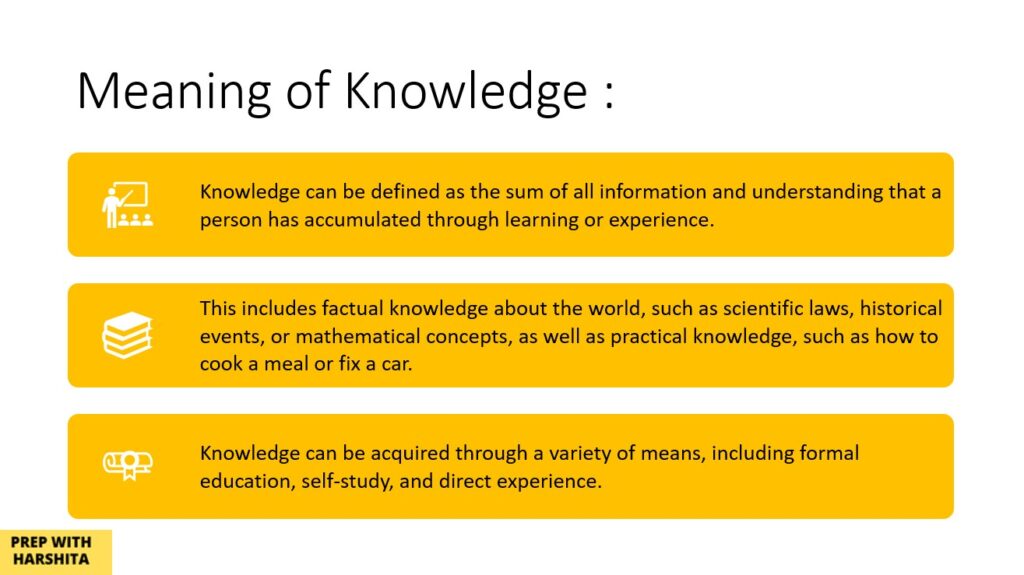There are many ways in which knowledge can be rendered into action, and it largely depends on the type of knowledge and the desired outcome. Here are some ways in which knowledge can be put into action:
- Application: One of the most common ways of rendering knowledge into action is by applying it to real-world situations. This involves using the knowledge to solve problems or create solutions that can benefit individuals, organizations, or society as a whole.
- Teaching: Sharing knowledge with others through teaching can also be a way of rendering knowledge into action. When we teach others what we know, we not only help them to acquire new knowledge but also reinforce our own understanding of the subject matter.
- Innovation: Another way of rendering knowledge into action is by using it to create new products, services, or processes. Innovation often involves combining different types of knowledge to develop new and improved ways of doing things.
- Advocacy: Advocacy involves using knowledge to raise awareness and promote change on issues that are important to us. This can involve working to change laws and policies or raising public awareness about social or environmental issues.
- Collaboration: Collaboration can be an effective way of rendering knowledge into action. By working with others who have different areas of expertise. We can combine our knowledge to create innovative solutions to complex problems.
- Research: Conducting research is another way of putting knowledge into action. By using scientific methods to explore new areas of knowledge, researchers can develop new technologies. They can develop treatments, and products that can benefit society.
- Decision-making: Finally, knowledge can be used to inform decision-making in a wide range of contexts, from personal decision-making to organizational or government decision-making. By using evidence-based knowledge to inform decisions, we can make more informed and effective choices.
Also Visit: Prep with Harshita


